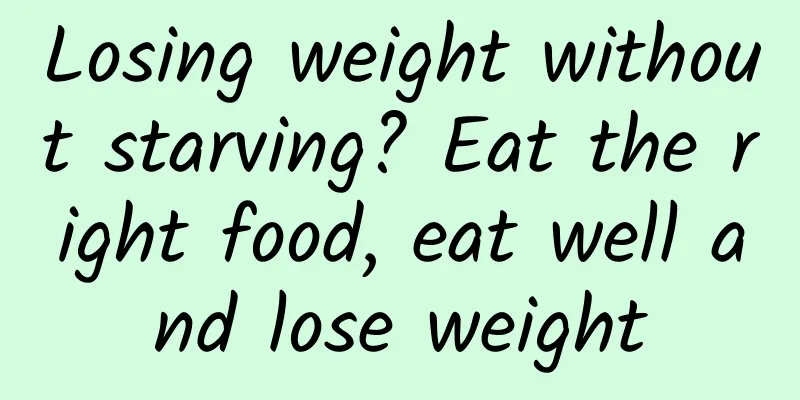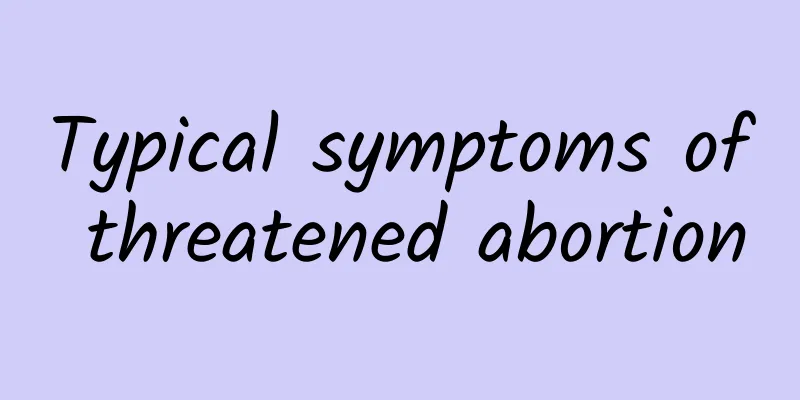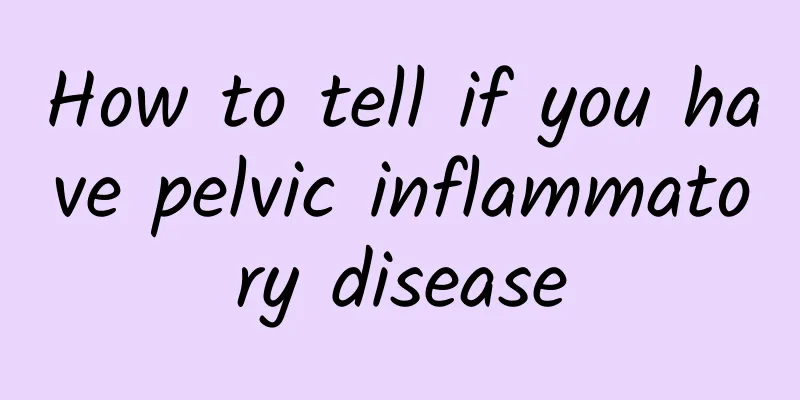Losing weight without starving? Eat the right food, eat well and lose weight

|
Recently, a reader asked me through an article whether I have to starve myself to maintain a good figure? After reading the full text, Scott noticed that the author emphasized "70% to 80% full" rather than "100% full". Scott completely agreed with this point. The author's original intention was badly ruined by the title. Regardless, Scott still wants to talk to you about the complicated relationship between body shape and hunger. First of all, I want to emphasize that I respect the author's opinions and I admire her outstanding achievements in figure, health, and community management. This article only discusses the scientific issue of "whether you have to starve to maintain your figure" and is not about individuals. Does food abundance cause obesity? The original article mentioned: "With more and more daily necessities, humans become too full, but the brain cannot help but want to send out the message: 'I'm not full enough, you continue to look for food to survive', so excessive food begins to be consumed..." This is actually a controversial topic in nutrition: Can the obesity problem of modern people be attributed to the abundance of food? Or to ask it another way, can we find examples of people who have maintained a good figure despite having enough food to eat? Let's take a look at how humans who still lived a primitive life nearly 100 years ago ate. !Kung is a primitive human tribe scattered across the southern African continent, living a primitive lifestyle of hunting and gathering. In the tribe, men are responsible for going out hunting, while women are responsible for collecting roots, nuts and berries. Thinking from the perspective of an industrialized society, without agriculture, there would be no stable source of food. So a scholar who visited the tribe once asked the locals: "Why don't you develop agriculture?" The Kung people replied in disbelief: "Huh? Food can be found everywhere all year round, why do we need to grow crops?" It turns out that according to scholars' records, the !Kung people only spend 15-20 hours a week hunting and gathering, and the rest of the time is used for playing, relaxing, relaxing, and having fun. Because food is so easy to obtain! You can pick up edible plants everywhere, and you can hunt prey without going too far, so why go farming? This so-called "rich primitive settlement" is actually not uncommon. In areas where natural resources are particularly abundant, humans can easily obtain enough food without farming or going to the office. Now here comes the point: with short working hours and plenty of food, did the Kung people suffer from the same obesity problem as modern people? According to Richard Lee's 1979 book, the !Kung had an average BMI of less than 20 and showed no signs of malnutrition. (According to Taiwan's official standards, a BMI value of more than 24 is defined as overweight or obese.) Eating enough does not necessarily make you fat Of course, the !Kung people may also deliberately eat only until they are 70% or 80% full in order to maintain such an impressive waistline. Modern people are just lazy and gluttonous, they deserve to be fat. But Scott offers two other possible explanations for why !Kung was able to stay slim despite having plenty of food: * First: Foods in their natural form usually provide a better sense of satiety. * The Kung people’s daily diet comes from animal meat, roots, fruits, and berries, which are all foods rich in water, protein, and fiber. Guess what's the most filling thing? According to a study published by Holt et al. in 1995, the ability of food to produce a sense of satiety happens to be positively correlated with water, protein and fiber. I had a bowl of plain noodles for lunch, and my stomach started growling again at three o'clock in the afternoon. This is an experience that everyone has had, right? In comparison, the food of primitive tribes has more hunger-resistant properties, which may have helped the !Kung people to spontaneously reduce their calorie intake. Second: Different insulin responses The modern diet is full of refined, easily absorbed carbohydrates. Bread, pancakes, sugary drinks and pasta are the main sources of calories for many people every day. In addition to raising blood sugar, these foods can also trigger the secretion of large amounts of insulin. The physiological function of insulin is to store nutrients. When it is secreted excessively, the nutrients in the blood will be low, inducing hunger signals in the brain and causing excessive eating. In a 1999 study by Ludwig et al., boys who ate a high-glycemic breakfast consumed 83% more calories at lunch than boys who ate a low-glycemic breakfast. In addition to poor satiety and excessive eating, long-term high insulin secretion may cause insulin resistance, creating an environment that is conducive to fat accumulation. (Some people may say that primitive tribes consume a lot of energy, so they are not likely to gain weight. But this statement has been refuted by research. The daily energy consumption of Westerners and primitive tribesmen is no different.) Eat well and stay thin Assuming we agree that eating the right foods can help people feel full and slim, are there any examples in scientific research to support this? (I know the “enjoy thinness” joke is a cliché… but it’s really hard not to use it XD) Shai et al. published the results of a clinical trial in the famous New England Journal of Medicine, in which 322 obese patients were assigned to three groups: low-fat diet, Mediterranean diet, and low-carbohydrate diet for a two-year weight loss plan. The low-fat group limits daily calories to 1,800 calories for men and 1,500 calories for women, and fat must not account for more than 30% of total calories. The low-carb group limited their daily carbohydrate intake to less than 20 grams in the first two months, and then gradually increased it to 120 grams per day. There are no restrictions on the total calories, fat and protein. Just eat until you are satisfied. As shown in the figure above, Shai et al. found that a low-fat, calorie-restricted diet was not as effective in reducing weight as a low-carbohydrate, "non-calorie-restricted" diet. Where does such a significant difference come from? There is still controversy at present. Some say it is protein, while others say it is insulin. We will not go into the details here. But at least we can safely say that hunger is not necessary for weight loss. If your goal is to be bodybuilding, paper-thin The above discussion is for friends with normal or excessive body fat. I believe that maintaining a normal body shape should not and does not require a long-term battle with hunger. But if your goal is to become an international supermodel, or to sweep the bodybuilding stage with 4% body fat. Strict calorie restriction and even short- to medium-term starvation "may" be necessary (Note 1). (Note 1: Many athletes may disagree with this statement. For example, Swedish athlete Martin Berkhan has used intermittent fasting to keep his body fat below 10% for many years. However, this is an exception, not a rule. For most people, achieving single-digit body fat requires some hunger.) Conclusion In order to survive in the natural environment, the human body has a constant mechanism to prevent excessive fluctuations in body weight (Note 2). Scott fully agrees with the principle of stopping when you are 80% full, but the amount of food is not the only factor that determines whether you are full or not. The modern food industry produces overly refined and flavored products that bypass the brain's satiety center and stimulate the pancreas to over-produce insulin. It makes people want to eat more after eating it, and they are never satisfied. Do you have to starve yourself to lose weight? The !Kung people shrugged, Shai and others shook their heads, and Scott didn't think so either. (Note 2: Assuming that once cassava was in abundance, the !Kung people would all eat it and become fat. Such genetic traits would have been eliminated by natural selection when the lions attacked.) This article comes from: Dr. Scott's One-Minute Fitness Class ※For more information, please see "Dr. Scott's One-Minute Fitness Class" |
>>: Eat beans to lose weight! Red beans, soybeans, and peas are all good
Recommend
What to check for gynecological cervical precancerous lesions
Cervical precancerous lesions are very difficult ...
What should you know about ectopic pregnancy?
Nowadays, more and more people are suffering from...
What are the main symptoms of irregular menstruation?
What are the main characteristics of irregular me...
Can polycystic ovary be diagnosed with ultrasound?
Polycystic ovary is a very harmful gynecological ...
What are some effective exercises to relieve menstrual pain?
What are some effective exercises to relieve mens...
Will abortion affect women’s fertility?
Will abortion affect women's fertility? The i...
The Akin Diet vs. the Ornish Diet… A Big Weight Loss Diet Showdown - Part 1
"I've been a vegetarian for 25 years, so...
Is it expensive to treat Bartholinitis?
The Bartholin's glands are located behind the...
How to take care of menopause?
There are many reasons for menopause, some are no...
What tests should be done before ovarian cyst surgery?
Before surgery for ovarian cysts, you need to do ...
Do you know what are the treatments for ectopic pregnancy?
Ectopic pregnancy is now the most harmful gynecol...
How to maintain health in postmenopausal patients
When women enter menopause, some complications of...
10-minute yoga exercises to reduce buttocks, thin legs and shape your body
Below I will share with you a set of yoga to slim...
Understand the key points of vaginitis treatment
Know these treatment points for vaginitis. Vagini...
How can women self-check for uterine fibroids?
When uterine fibroids are severe, they are very h...









